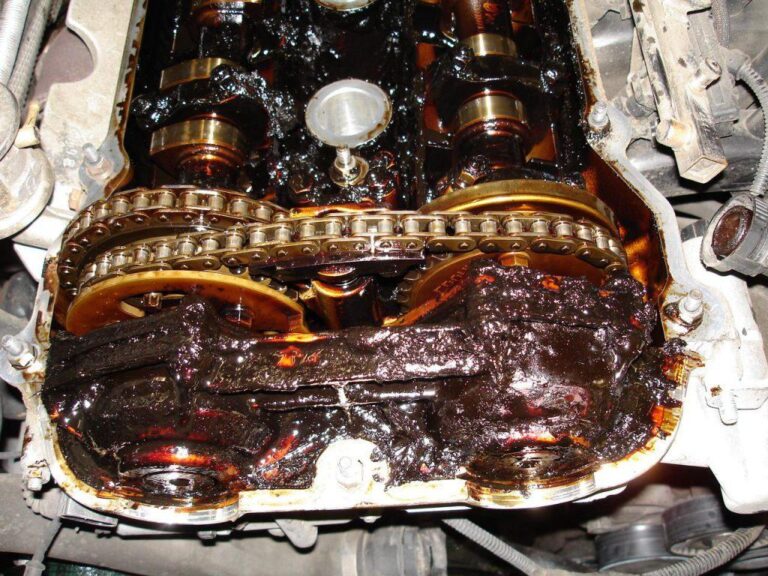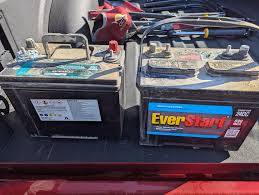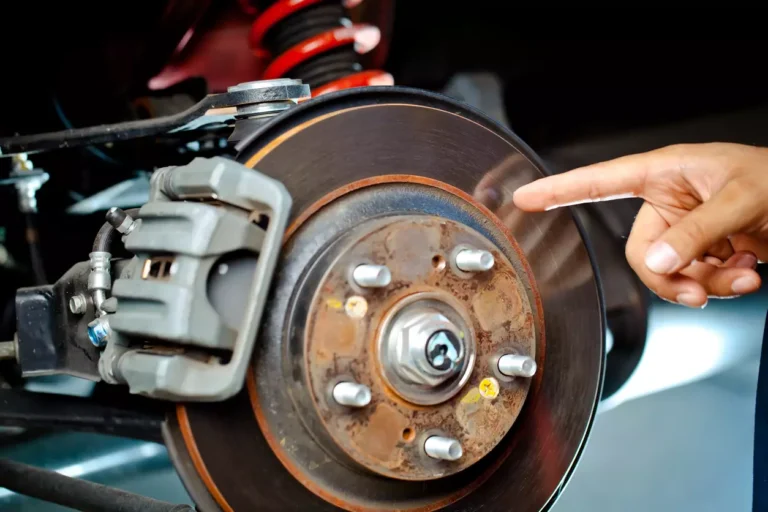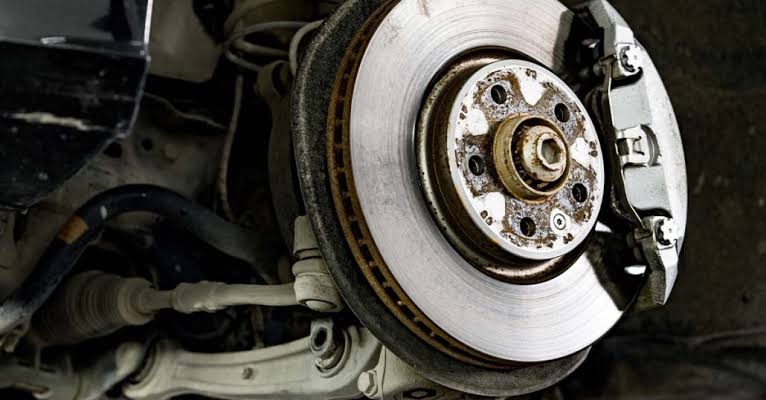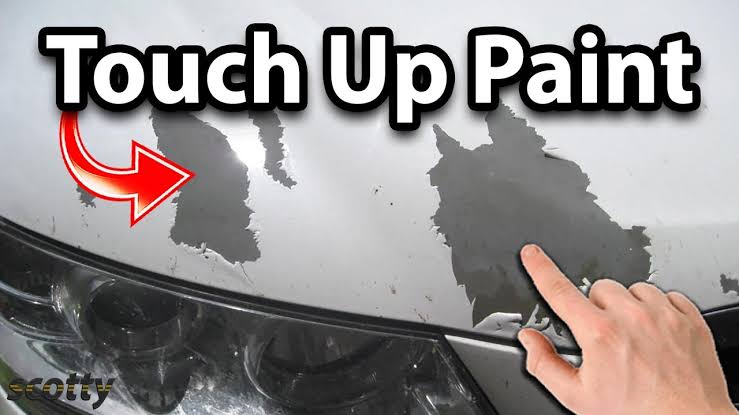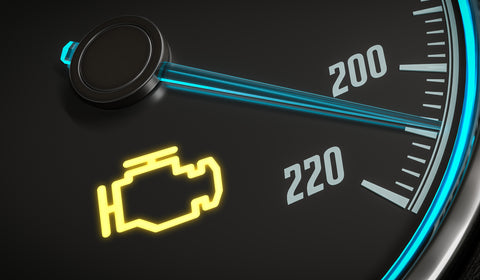Does Engine Oil Degrade Over Time?
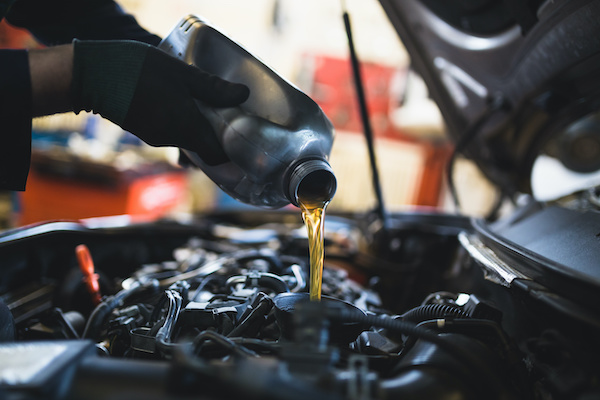
Engine oil is essential for maintaining your car’s engine health. It lubricates engine parts, reduces friction, and helps to keep the engine running smoothly. But many car owners wonder, “Does engine oil degrade over time?” The simple answer is yes—engine oil does degrade, but several factors contribute to this degradation. In this article, we’ll explore how engine oil degrades, why it happens, and how to manage your car’s oil changes effectively.
Why Does Engine Oil Degrade Over Time?
Engine oil degrades over time because of a combination of physical, chemical, and mechanical factors. The oil is constantly exposed to heat, friction, and contaminants, all of which contribute to its gradual breakdown.
1. Heat Exposure
Engines operate at high temperatures, and oil is subjected to heat as it circulates through the engine. Over time, this heat breaks down the oil’s molecular structure, reducing its ability to lubricate effectively. High temperatures cause oil to thin out, and when it becomes too thin, it can no longer provide adequate protection to engine parts.
2. Oxidation
Oxidation occurs when the oil comes into contact with oxygen. This chemical reaction leads to the formation of acids, sludge, and varnish in the oil. As the oil oxidizes, its effectiveness at lubricating the engine decreases, which can eventually lead to engine wear.
3. Contaminants
As engine oil circulates, it picks up dirt, metal particles, and carbon deposits from the engine’s combustion process. These contaminants can thicken the oil and reduce its ability to flow smoothly through the engine. Over time, the accumulation of contaminants can turn the oil into a sludge-like substance, making it even less effective at lubrication.
4. Additive Breakdown
Modern engine oils contain various additives that help to prevent rust, reduce friction, and neutralize acids. Over time, these additives break down, diminishing the oil’s ability to protect the engine. This is why oils are formulated to last only for a certain period or mileage before needing to be replaced.
How Does Engine Oil Degradation Affect Your Car?
The degradation of engine oil can have a serious impact on the performance and longevity of your engine. Here’s how:
1. Increased Engine Wear
When engine oil becomes degraded, it loses its ability to lubricate effectively. Without proper lubrication, engine parts can begin to grind against each other, causing wear and tear. Over time, this can lead to significant engine damage and even engine failure if the oil is not replaced.
2. Overheating
Degraded oil is less effective at dissipating heat. Without the ability to properly regulate engine temperature, the engine may overheat. Prolonged overheating can damage engine components and lead to costly repairs.
3. Reduced Fuel Efficiency
As oil degrades, it can increase the friction between moving parts, making the engine work harder. This can result in reduced fuel efficiency, as the engine uses more energy to perform the same tasks.
4. Sludge Build-Up
When engine oil degrades and becomes contaminated with dirt and debris, it can turn into sludge. This sludge can clog the oil passages in the engine, leading to poor circulation and preventing the oil from reaching vital parts. This can cause further engine damage, such as overheating or seizing.
How Long Does Engine Oil Last Before It Degrades?
The lifespan of engine oil depends on several factors, including the type of oil, the driving conditions, and the manufacturer’s recommendations. Typically, conventional oil should be changed every 3,000 to 5,000 miles, while synthetic oil can last between 7,500 to 10,000 miles.
Factors That Affect Engine Oil Degradation:
- Driving Conditions: Frequent short trips, city driving, or driving in extreme temperatures can accelerate the degradation of engine oil.
- Oil Type: Synthetic oils are more resistant to degradation and can last longer than conventional oils.
- Engine Age and Condition: Older engines or those in poor condition may cause oil to degrade more quickly due to increased friction and contamination.
Signs Your Engine Oil Is Degraded
There are several signs that may indicate your engine oil is degrading and needs to be replaced:
1. Dirty or Dark Oil
New oil is typically a golden or amber color, but as it degrades, it becomes darker and thicker. If the oil appears black or dirty, it’s a sign that it’s time for an oil change.
2. Unusual Engine Noises
If your engine starts making knocking or tapping sounds, it could be due to degraded oil. This is because the oil is no longer lubricating the engine effectively, and metal parts are rubbing together.
3. Check Engine Light or Oil Warning Light
If your car’s dashboard warning lights turn on, it could be a sign that the oil is low or degraded. Always pay attention to these warnings and get your oil checked immediately.
4. Decreased Engine Performance
If you notice a decrease in your car’s acceleration, performance, or fuel efficiency, it could be due to degraded oil. When the oil loses its ability to lubricate, the engine may struggle to perform as efficiently as it once did.
How to Maintain Your Engine Oil
To ensure that your engine oil lasts as long as possible, it’s essential to maintain it properly. Here are some tips for keeping your oil in good condition:
1. Follow the Manufacturer’s Oil Change Recommendations
Refer to your vehicle’s owner’s manual for the manufacturer’s recommended oil change intervals. This will ensure that you’re changing your oil at the right time to prevent degradation.
2. Regular Oil Checks
Even if you’re not due for an oil change, regularly check the oil level and quality. If the oil appears low or dirty, it’s time to top it off or replace it.
3. Use High-Quality Oil
Using high-quality, synthetic oil can help prevent degradation and extend the life of your engine. Synthetic oils are more resistant to heat and oxidation compared to conventional oils.
4. Drive Smoothly and Regularly
Driving aggressively or making short trips can cause the oil to degrade more quickly. Try to drive your car at steady speeds, and if possible, take it for longer trips to ensure the oil gets hot enough to burn off contaminants.
Conclusion
In conclusion, engine oil does degrade over time due to heat, oxidation, contaminants, and the breakdown of additives. This degradation can negatively impact your engine by causing increased wear, overheating, and reduced performance. Regular oil changes are essential to maintaining engine health and ensuring your vehicle runs smoothly. Make sure to follow the manufacturer’s recommendations for oil changes, monitor oil quality, and use the right type of oil for your car’s engine. By keeping a close eye on your engine oil, you can prolong the life of your engine and avoid costly repairs.
Also Check:
• Does Motor Oil Go Bad Over Time?
